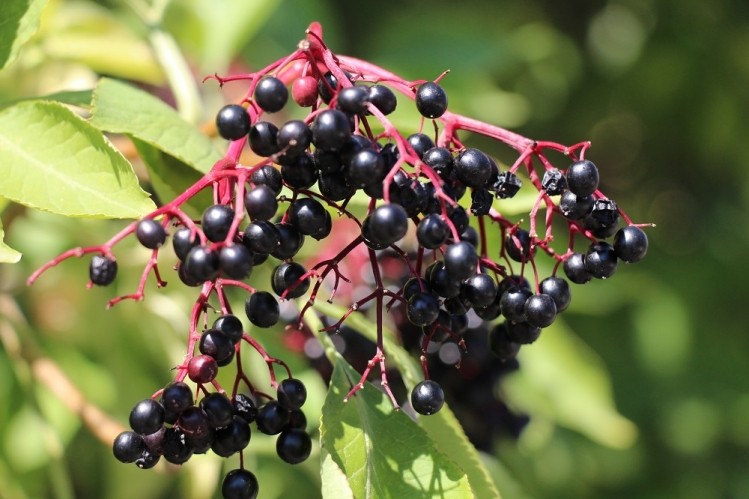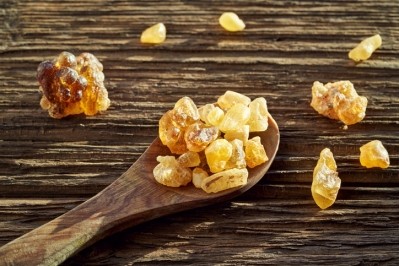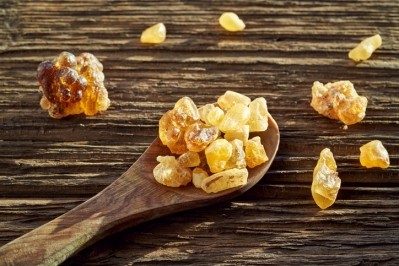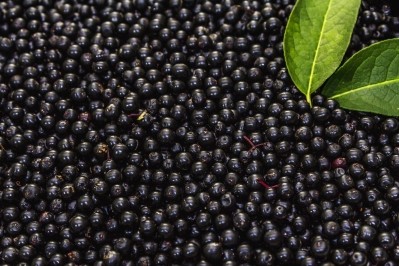CORONAVIRUS: SPOTLIGHT ON THE SUPPLY CHAIN
ABC/ BAPP: ‘We are deeply concerned about the integrity of the botanical supply chains’

In a member advisory sent to BAPP underwriters, endorsers, supporters, ABC members, AHP members, and other industry and botanical community stakeholders, BAPP stated: “We at the American Botanical Council (ABC) and BAPP are deeply concerned about the integrity of the botanical supply chains and value networks that provide botanical ingredients for products intended to enhance consumer health.
“Our expectations for near-term supply chain strategies include the need for heightened quality control vigilance and diligence, particularly related to establishing the proper identity of botanical raw materials, extracts, and essential oils.”
Pre-emptive
Stefan Gafner, PhD, ABC Chief Science Officer and the BAPP’s technical, told us that there are already some indications that adulteration is happening, but the advisory was more a pre-emptive warning for the industry to be on its guard.
“Based on historical precedent, we know that when a number of botanical ingredients see dramatic sales increases plus we have the supply chain disruptions, then sooner or later there will be adulteration and fraud,” he said.
Gafner said he has heard reports of sales dramatically increasing for immune system modulators like echinacea and elderberry, and some mushroom supplements, for adaptogens like rhodiola and ashwagandha, and for anti-inflammatories like turmeric and Boswellia.
FDA inspections reduced
The situation is potentially exacerbated by the recent announcement from the US FDA that is significantly scaling back on-site inspections, which means there will be less government oversight of storage and production facilities in the botanical supply chain.
“This may entice some companies to loosen up on their testing requirements, thus possibly facilitating the sale of adulterated material,” said BAPP.
“The result can be — and predictably will be — an increase in availability of fraudulent ingredients. Based on our many years of experience in the botanical industry, we think it reasonable to expect an increase in ingredient adulteration. We also expect that new forms of adulteration may emerge.”
“Accordingly, buyers must be more vigilant than ever before in the assurance of ingredient quality, particularly the first step in quality assessment — the determination of proper identity. Responsible buyers, even those with relatively robust quality control programs, may need to double- or even triple-down on QC measures that deal with ingredient identity and authenticity.”
The labs
As sales increases, testing should also be increasing as more products are produced, so this is having an impact on analytical labs, some of which are reporting increased activity, explained Dr Gafner. Also, if primary suppliers are challenged, then companies may have to rely more on qualified secondary or tertiary suppliers, which would require more testing.
Dr Gafner added that social distancing recommendations may also mean that companies with in-house testing facilities may outsource more of their testing as they protect their workforce.
The BAPP member advisory continued: “We believe that integrating the many quality control resource tools that are currently freely available from BAPP into industry quality programs — especially into ingredient specifications, qualification, and testing protocols — is mission-critical more than ever before.”
BAPP offers a wide range of publications for quality teams to use. To date, BAPP has published 57 peer-reviewed documents on its website. The many resources and tools that BAPP has provided over the years include 20 Botanical Adulterants Prevention Bulletins that confirm which herbs are subject to adulteration, and how this adulteration is done.
In addition, BAPP has published 10 Laboratory Guidance Documents (LGD) in which we thoroughly review known published laboratory analytical methods and evaluate their fitness-for-purpose to deal with the types of adulteration that has been confirmed for a particular botanical ingredient.
“The importance of BAPP’s LGDs cannot be over-estimated: outdated and not fit-for-purpose methods can be ‘fooled’ by some of the more sophisticated methods of adulteration,” stated the program.
Earlier this week, BAPP released lab guidance for turmeric, and Dr Gafner added that Elderberry may be the focus of a Bulletin coming soon if suppliers inform the program that they are seeing more instances of adulteration.
Survey
BAPP is requesting help with a survey to help understand how stakeholders in the botanical industry have been reading and utilizing the BAPP publications, particularly the Bulletins and the LGDs.
















